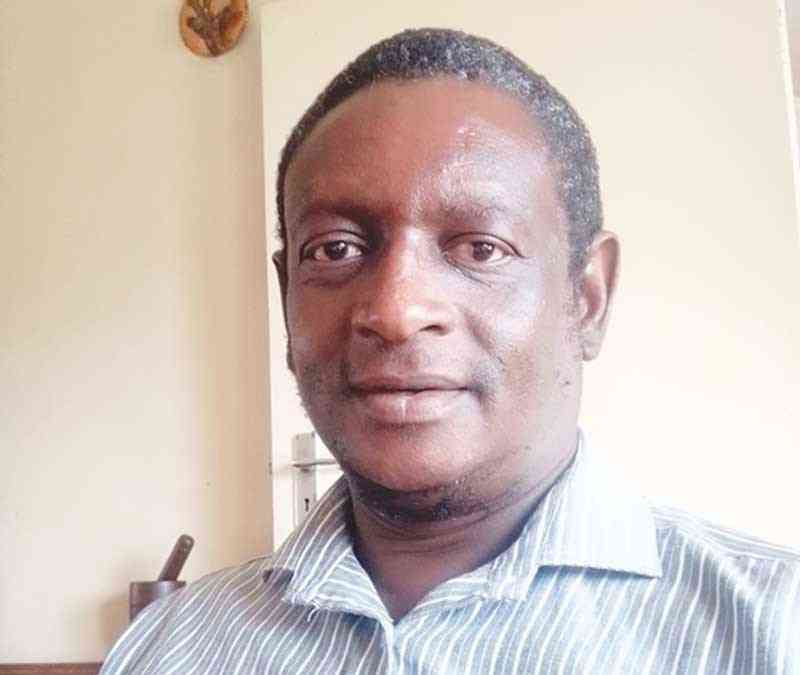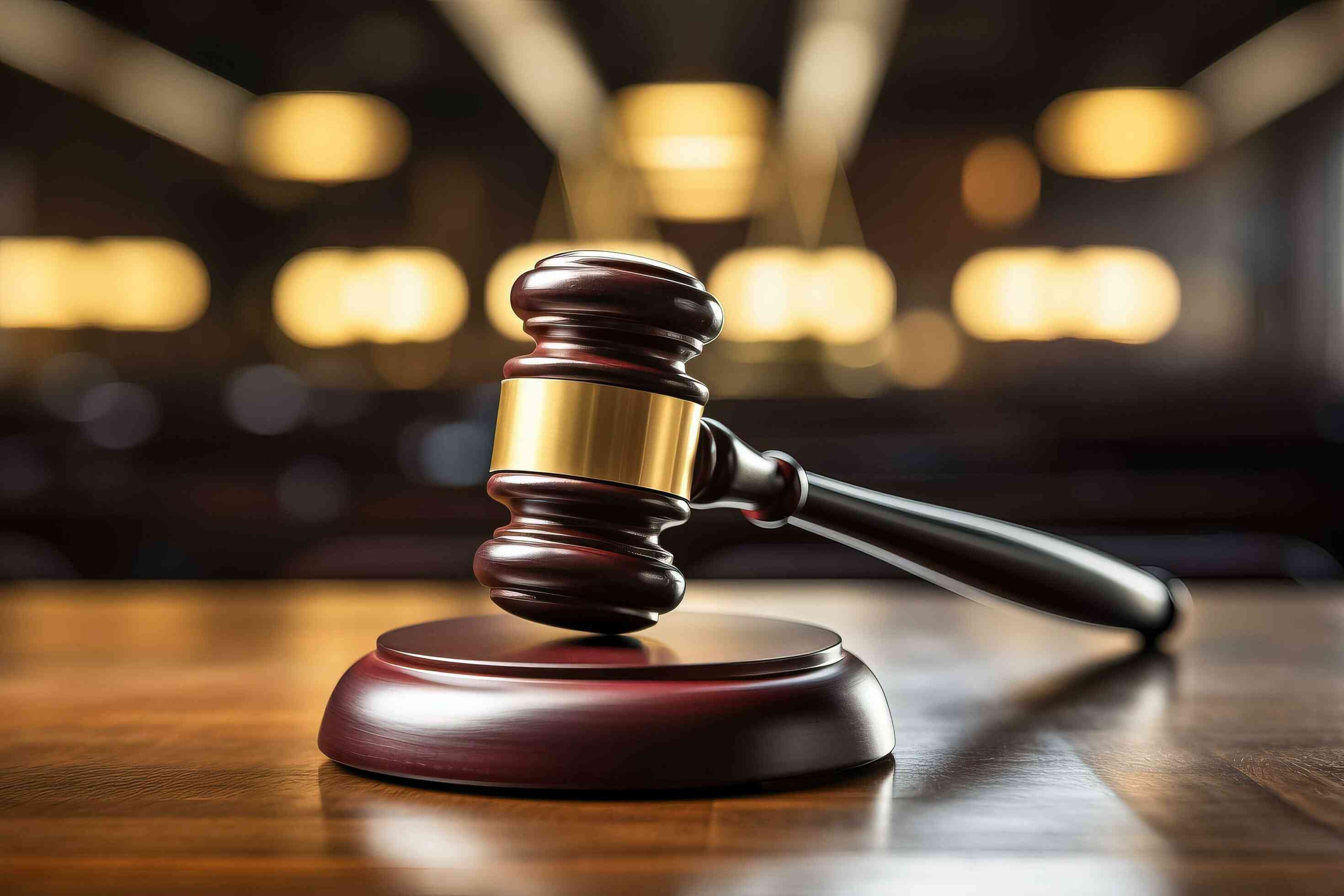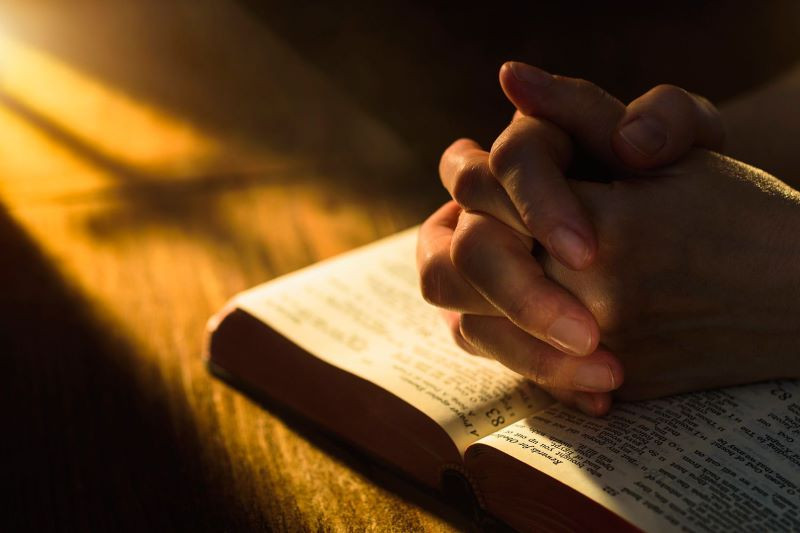
SO, Cabinet has decided to stubbornly approve the enactment of the controversial “Patriot Act”.
And it has even had the audacity to sneak it in through the back door, under the guise of the Criminal Law (Codification and Reform) Amendment Bill of 2022.
As a way of averting scrutiny and the expected resistance to this sinister piece of legislation — provisions that have already raised the ire of the opposition and civil society, regarded as a weapon in silencing criticism of the political elite, have been deviously mixed up with more acceptable laws as a mandatory sentence for rape and murder cases, and expansion of the definition of “dangerous drugs”, and amending elements of what forms “abuse of office”.
Of course, the Zanu PF regime is an expert at confusing the citizenry — in typical conmen fashion — by cleverly shrouding notorious laws with those that they know will be more acceptable to the generality of the population.
This was the case with the Constitutional Amendment No. 2 Act of 2021, which was fast-tracked through Parliament last year — presented as extending proportional representation for women and introducing the youth quota in the House of Assembly — yet, also controversially extending the retirement age of the Chief Justice to 75 years, just moments before he reached the stipulated 70 years.
Instead of the nation focusing on this still debatable tenure extension — which, according to the Constitution of Zimbabwe [section 328(7)] should not have benefitted the incumbent — the authorities distracted attention to the women and youth quotas, packaging the amendments as progressive.
We witness, in utter shock, the same scenes replaying themselves with these amendments to the Criminal Law (Codification and Reform) Act — where the nation will understandably be celebrating the undeniably welcome stiffer deterrent mandatory prison sentences for rapists and murderers, who have been wreaking horrendous havoc throughout the country.
Who cannot celebrate the expansion of the definition of “dangerous drugs”, considering how our youth are being horribly decimated by the scourge of substance abuse — with previously unknown, therefore, not illegal, drugs flooding the market?
- Corruption Watch: Get scared, 2023 is coming
- Corruption Watch: Get scared, 2023 is coming
- Letters: Ensuring Africa’s food security through availability of quality seeds
- Is military's involvement in politics compatible with democracy?
Keep Reading
Why would anyone not be thrilled — considering the ever-increasing incidents of corruption and nepotism in the country — when the government plans to amend elements of what forms “abuse of office”?
We should all be happy.
Nonetheless, let us not be like the people of Troy, who foolishly celebrated and received into their heavily fortified city, the gift of a most captivating wooden horse from their sworn enemies, the Greeks — that turned out to have been filled with soldiers, making it relatively easy to vanquish the Trojans.
We need to meticulously scrutinise every little aspect of these proposed amendments.
Carefully tucked amid these wonderful changes to the law, there are also provisions for criminalising “conduct that undermines Zimbabwe’s sovereignty, dignity, independence, and national interests”.
To begin with, what do these seemingly innocent sounding terms even mean?
That is where Zimbabweans need to be extremely wary.
There is never anything innocent about a cruel brutal power-hungry regime, such as we are so unfortunate of having in this country.
I am reminded of the terrible fate that befell renowned football commentator Charles “CNN” Mabika on September 5, 2004 — after he had praised the exceptional skills of the mercurial Nigerian footballer Jay Jay Okocha, as they faced the Warriors (Zimbabwe national team).
The Zimbabwe regime was not amused at all — in fact, they were so livid that they immediately fired him from the job he loved so much at the ZBC.
Why?
His praising of a player from a team playing against Zimbabwe was regarded as being “unpatriotic”!
Yes, as hard as it may be to believe — especially for those not familiar with this shocking incident — but, it really took place. That is why it should send chills down the spines of every Zimbabwean when an overzealous regime criminalises what it terms “unpatriotic acts”.
In a normal country, these would be deeds such as selling or providing highly classified State secrets to an enemy — which may greatly jeopardise national security.
Who would have a problem with a law which puts such people behind bars?
But, no — not in Zimbabwe!
There is nothing more dangerous than a seemingly innocent household utensil, like a fork, in the hands of a psychopath. Mabika is a good testimony to this.
No one is safe in Zimbabwe
As such, when the opposition and civil society make noise in resistance to such amendments to our country’s laws — they are fully cognisant of what they are talking about.
Terms such as “sovereignty, dignity, independence, and national interests” can mean anything to a political elite that feels so insecure and lacks confidence in their grip of power — having dismally failed the people of Zimbabwe, by leading them into unspeakable ruin and despair.
Maybe, by simply writing this article — had the proposed amendments been in effect — I would have committed a grave unpardonable breach of our “national interests” — and, deserving of a long stay in prison.
Have we not already encountered ordinary innocent citizens being arrested and hauled before the courts for merely stating the obvious — after criticising the President, or blaming him for the economic mess this country has been cast into by those in power?
As such, who knows how anyone could be adjudged to have “undermined Zimbabwe’s sovereignty, dignity, independence, and national interests”.
Even those who may feel such laws will never affect them, or even supporting them — under the misplaced belief that only the opposition and civil society are at risk of falling foul — need to be very wary.
Could Mabika, in all his wildest dreams — being just a soccer commentator and working for the State broadcaster (usually staffed by those loyal to the ruling party) — have ever thought one day he would be found on the wrong side of “patriotism”, especially for merely praising the footballing skills of a player on the field?
We are all in serious danger of these notorious oppressive laws, meant to instil terror in the population — enacted by a political elite that has absolutely nothing meaningful to offer the citizenry, except misery and pain.











